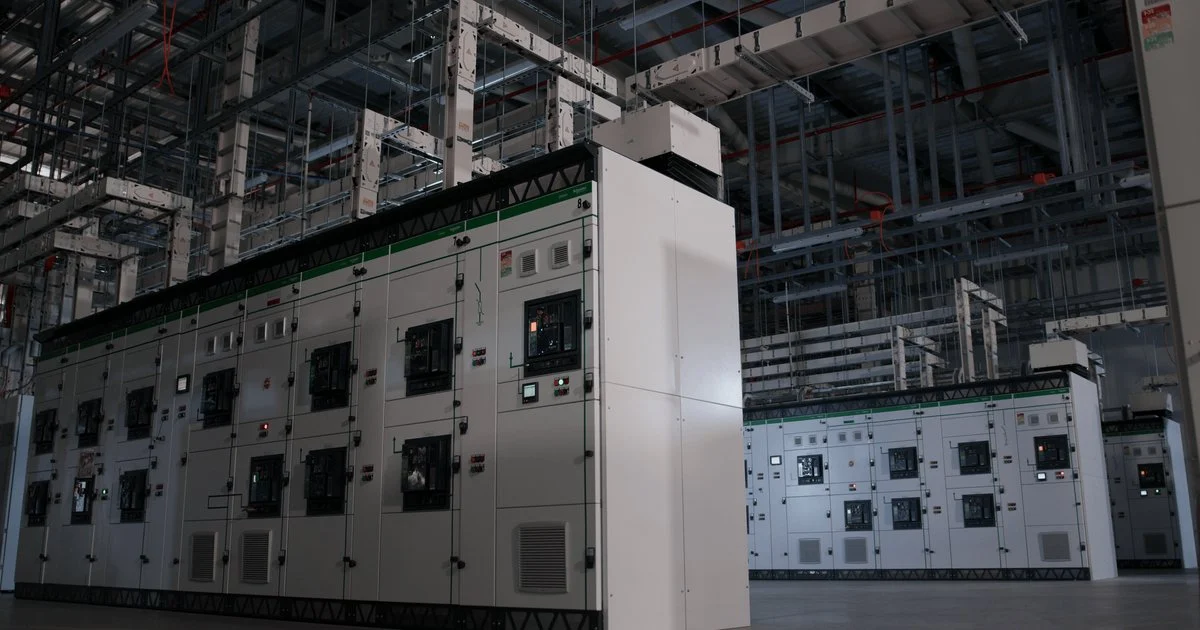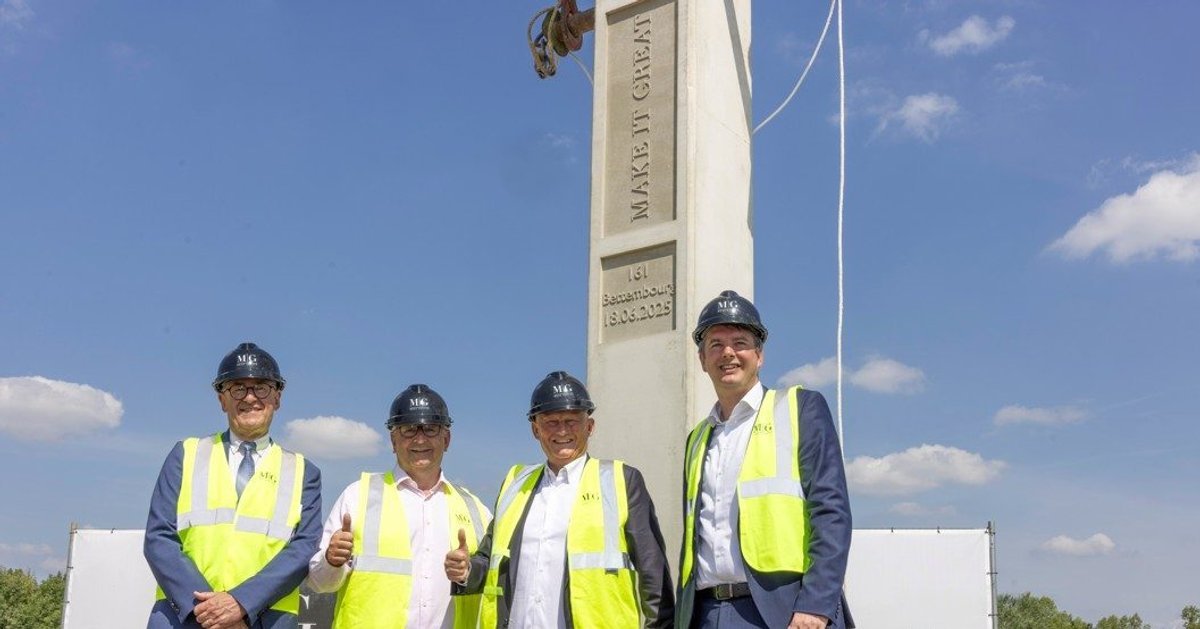The SIN01 data center, located in Sines, Portugal, represents a significant advancement in the integration of artificial intelligence (AI) and renewable energy. Developed by Schneider Electric and Start Campus, this facility is the world’s first AI data center to operate entirely on renewable energy and utilize ocean water for cooling. Constructed on the site of a decommissioned power plant, SIN01 is the initial phase of a larger 1.2GW campus that will cater to AI workloads and is powered by a 26MW system.
SIN01’s innovative cooling method draws water directly from the Atlantic Ocean, returning it just one degree warmer. This approach not only minimizes energy consumption but also utilizes existing infrastructure, making it both an efficient and sustainable option. According to Pablo Ruiz Escribano, Senior Vice President of Secure Power and Data Center Business at Schneider Electric Europe, the journey from concept to execution has been extraordinary, with initial skepticism transformed into a groundbreaking reality.
Traditional data centers struggle to accommodate the intensive processing demands of AI applications. The SIN01 facility addresses this by optimizing cooling techniques, which can account for up to 60% of a data center’s operational costs. By implementing advanced liquid cooling systems, SIN01 achieves a higher heat extraction efficiency, allowing for increased IT capacity without expanding physical space.
The integration of existing maritime infrastructure from the former power station has cut down on construction costs and time. Schneider Electric’s EcoStruxure technology provides real-time monitoring and control, optimizing energy use across the facility. This includes leveraging cold water from a nearby regasification plant, further enhancing efficiency and sustainability.
Environmental monitoring is robust, with two research institutes actively assessing the impact of the cooling process on local ecosystems. India Oliveira, Sustainability Manager at Start Campus, notes that ongoing studies focus on chemical discharges and biological effects, ensuring minimal impact on marine life. Researchers predict that the localized thermal discharge will have a negligible effect on the surrounding environment.
AI plays a vital role in SIN01’s operations and maintenance. The facility employs AI to track equipment performance, predicting potential issues before they arise. This proactive approach not only reduces downtime but also enhances operational sustainability. Furthermore, SIN01 integrates an advanced carbon modeling system within its Building Information Model (BIM), allowing for precise emissions tracking and management throughout the facility’s lifecycle.
Start Campus and Schneider Electric’s collaboration reflects a shift towards adaptive infrastructure in response to AI’s demands. Their partnership has evolved into a comprehensive consulting model, addressing challenges collaboratively. The project has been recognized by the Portuguese government as a Project of National Interest, expected to create 1,200 direct jobs and an estimated 9,000 indirect jobs over its development.
With Portugal’s abundant renewable energy resources and competitive costs, SIN01 has successfully secured over 1GW of grid power, facilitating its ambitious growth plans. The construction methodologies applied at SIN01 are setting new standards for the deployment of AI infrastructure, emphasizing the need for prefabricated solutions to meet the speed and scale required in today’s market.
The SIN01 data center not only exemplifies technological innovation but also demonstrates a commitment to sustainable practices in the rapidly evolving landscape of AI and data management. As the demand for AI capabilities continues to rise, the lessons learned from SIN01 will influence future infrastructure projects, balancing technological growth with environmental responsibility.




